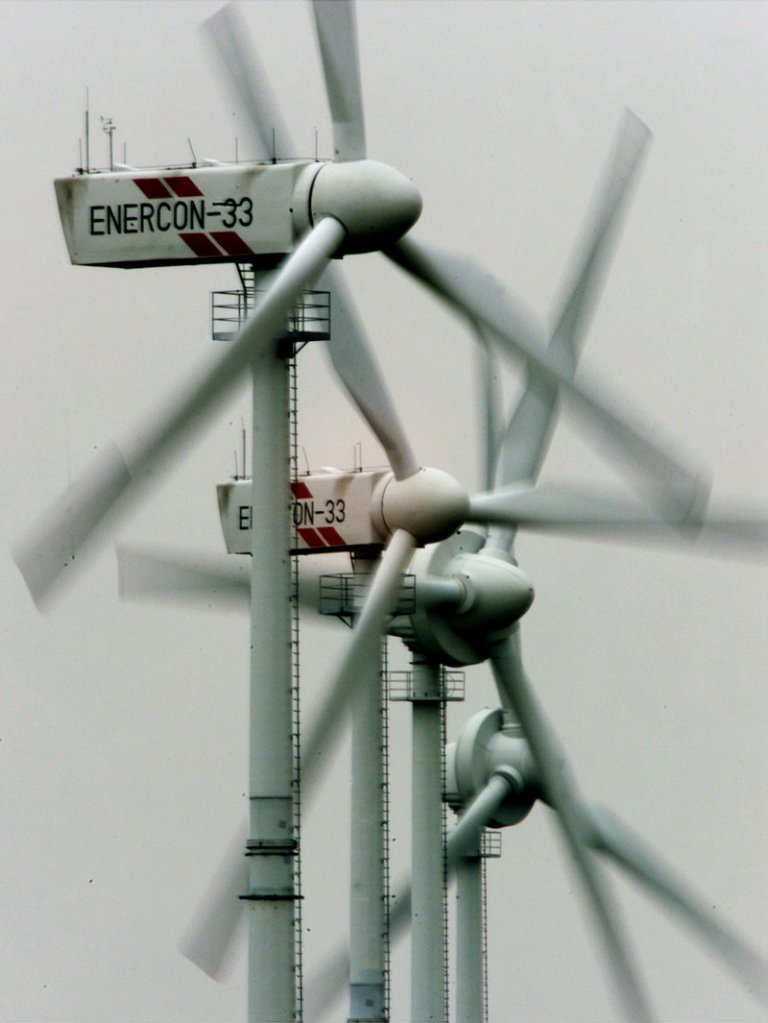DOHA, Qatar – The world’s top scientific body concluded that renewable energy in the coming decades will be widespread and could one day represent the dominant source for powering factories and lighting homes, according to a draft report obtained by The Associated Press Thursday.
But the report also warned that such expansion will be costly and policy changes will have to be enacted to ensure that renewable energy can achieve its potential in helping reduce greenhouse gas emissions.
It called for better balancing competing demands for land, addressing “institutional barriers” that prevent the installation of solar energy as well as overcoming the constraints to transmitting renewable energy to users.
The four-day meeting of the U.N. Intergovernmental Panel on Climate Change which began Thursday in Abu Dhabi was largely bullish on replacing fossil fuels.
“It is likely that renewable energy will have a significantly larger role in the global energy system in the future than today,” said the report. “The scenarios indicate that even without efforts to address climate change, renewable energy can be expected to expand.”
A spokesman for the IPCC refused to comment on the report, saying it was still subject to several days of negotiations.
The report found that renewable energy – including solar, hydro, wind, biomass, geothermal and ocean energy – represented only about 13 percent of the primary energy supply in 2008. But its growth is picking up with almost half of new electricity generating capacity coming from renewables in 2008 and 2009.
That growth will continue through 2050 with 164 different scenarios predicting the use of renewables significantly increasing as the world shifts to a low-carbon economy.
The most ambitious projected it will represent 77 percent of global energy sources in 2050.
Commitments to reduce greenhouse gas emissions coupled with cheaper technology for renewable energies will spur their growth, especially as the increasing shortages of oil and other fossil fuels raises those costs.
But the report made clear there are plenty of challenges that could hamper the growth of renewables as they still need to be better integrated into existing energy supply systems.
Policies also need to be changed to attract investment.
Copy the Story Link
Send questions/comments to the editors.



Success. Please wait for the page to reload. If the page does not reload within 5 seconds, please refresh the page.
Enter your email and password to access comments.
Hi, to comment on stories you must . This profile is in addition to your subscription and website login.
Already have a commenting profile? .
Invalid username/password.
Please check your email to confirm and complete your registration.
Only subscribers are eligible to post comments. Please subscribe or login first for digital access. Here’s why.
Use the form below to reset your password. When you've submitted your account email, we will send an email with a reset code.